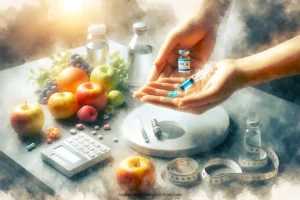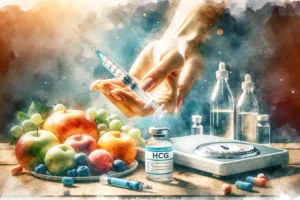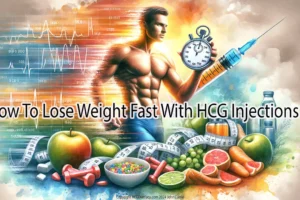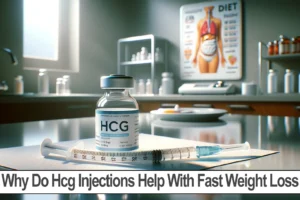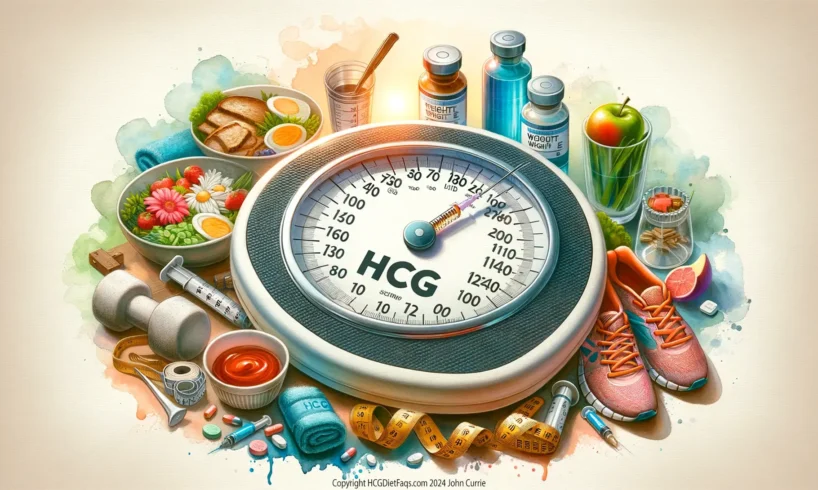
The HCG Diet and How You Lose Weight
The Human Chorionic Gonadotropin (HCG) diet is a weight loss program that combines a low-calorie diet with HCG hormone injections. HCG is a hormone produced during pregnancy that supports the development of the fetus. In recent years, however, it has been marketed as a weight loss aid, with proponents arguing that it can help you lose weight quickly and effectively.
Key Components of the HCG Diet
HCG Injections
The primary component of the HCG diet is the HCG hormone injections. These are typically self-administered and aim to suppress hunger and boost metabolism, thus facilitating weight loss.
Low-Calorie Diet
The HCG diet also involves adhering to a strict low-calorie diet, usually around 500-800 calories per day. This is significantly lower than the average calorie intake recommended by health professionals, which is around 2,000-2,500 calories per day.
Why HCG Injections Are Said to Aid Weight Loss
The theory behind HCG injections for weight loss is twofold. Firstly, it’s believed that the hormone can suppress appetite, making it easier for individuals to stick to a low-calorie diet. Secondly, some proponents suggest that HCG can help to reset the metabolism, encouraging the body to burn fat more effectively.
Considerations for Specific Groups
It’s important to note that the HCG diet may not be suitable for everyone. Individuals with certain health conditions, such as heart disease, diabetes, or high blood pressure, should not undertake this diet. Pregnant or breastfeeding women should also avoid the HCG diet. Always consult with a healthcare professional before starting any new diet or weight loss program.
Practical Advice for Using HCG Injections for Weight Loss
If you’re considering HCG injections for weight loss, here are a few tips to keep in mind:
Consult with a Healthcare Professional
Before starting the HCG diet, it’s essential to consult with a healthcare professional. They can provide advice tailored to your specific health needs and circumstances.
Monitor Your Calorie Intake
While on the HCG diet, it’s crucial to monitor your calorie intake carefully. Consuming too few calories can lead to nutrient deficiencies and other health problems.
Stay Hydrated
Staying hydrated is essential, especially when following a low-calorie diet. Aim to drink at least eight glasses of water per day.
Monitor Your Progress
Keep track of your weight loss progress. This can help you stay motivated and make necessary adjustments to your diet and exercise routine.
The HCG diet, particularly the use of HCG injections, continues to be a controversial topic in the weight loss industry. While some individuals report significant weight loss results, it’s important to keep in mind that these outcomes may not be typical and can vary from person to person. It’s also worth considering the potential health risks associated with a very low-calorie diet. As always, the key to sustainable weight loss is a balanced diet and regular physical activity.



